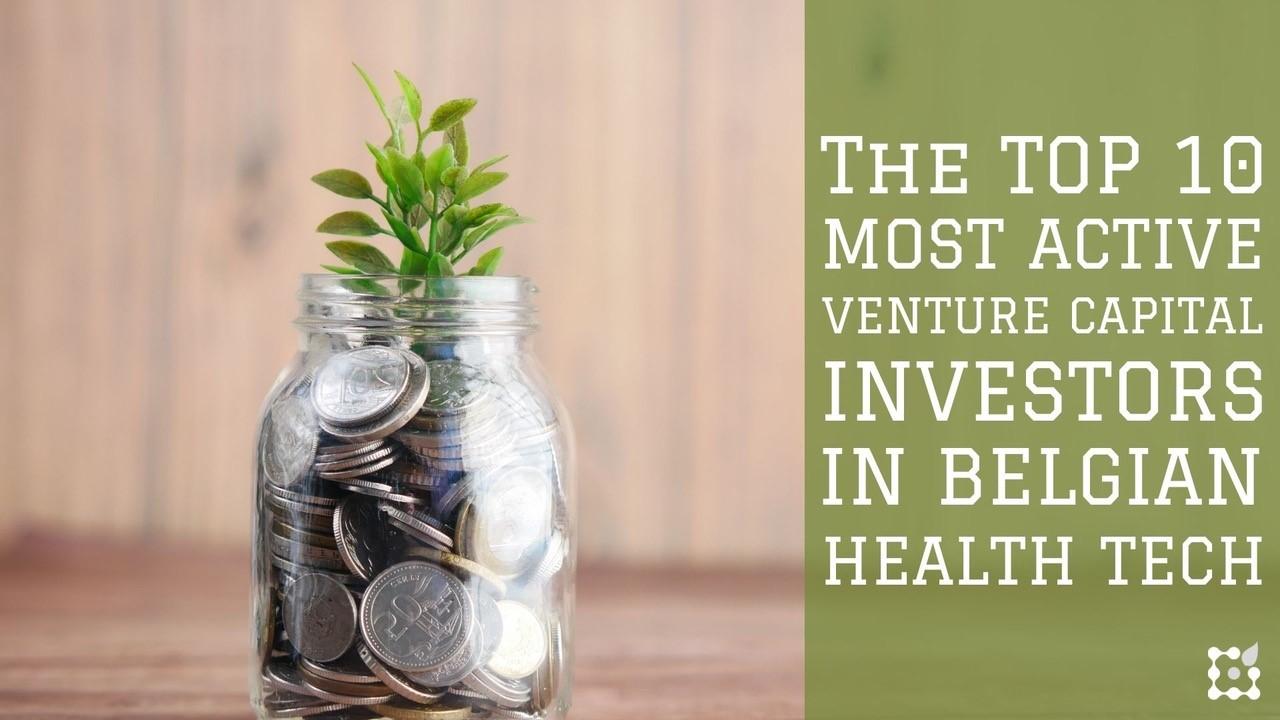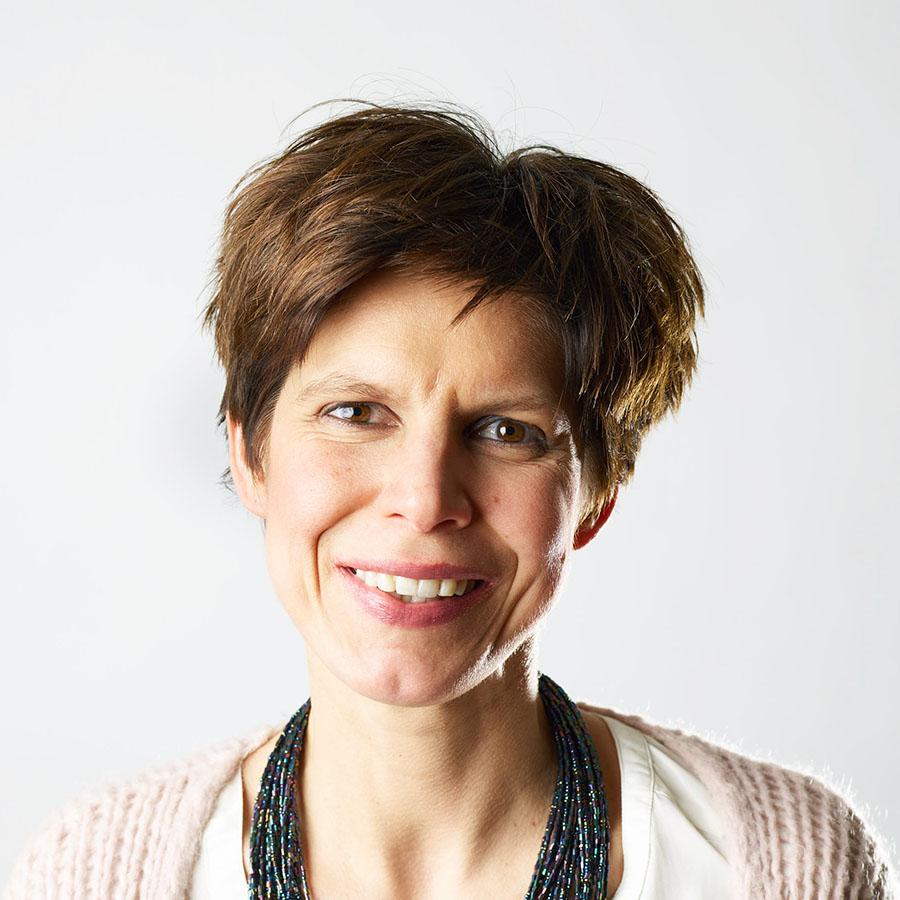When global lockdowns as a result of the covid-19 pandemic were first declared in March 2020, many countries rushed to introduce telehealth and virtual consultations. It led to unprecedented growth in remote care and patient-doctor relations via digital means.
In European countries such as France, Germany, Spain and Scandinavia, the foundations for more digital care and follow-up were present already before the pandemic.
How France, Sweden and Germany lead by example in telehealth
In Sweden, video consultations between a general practitioner, a specialist or a paramedic and a patient have been part of ‘normal care’ for more than five years and now more than 12% of all consultations take place via the digital channel.
In France and Germany, the new reimbursements for digital care were given an extra push by COVID. Financing was generalized and introduced digital consultations as a full-fledged channel of care: they are possible for all medical expertise and all patients and there is no requirement for physical consultations before or after the digital contact anymore.
Digital care has become a full-fledged channel of care in the year 2021 in both countries.
In France and Germany, governments and doctors’ associations explicitly opt for digital care for reasons of accessibility and quality of life: both for the patient and for the care provider. Moreover, to be qualitative, virtual consultations must be based on video and are grounded in an active wish and consent of the patient.
Today, 2-3 years after the first reimbursement, about 8% of consultations in both countries are now conducted via video.
Foundations for greater accessibility, lower time costs and more opportunities
It will benefit both the French and German: by explicitly treating the digital channel for care as equal, these systems are at the same time laying the foundations for:
- greater accessibility to healthcare: young people, people living in cities and in areas with a shortage of doctors, doctors with waiting lists or patient stops, new citizen groups, less mobile people, etc … can access medical help more quickly and easily via digital channels
- lower mobility and infrastructure costs: no travel, no large buildings, transport services or support required
- lower time costs: you are notified when the doctor is ready to speak to you; digital triage and diagnostic support tools become possible
- health literacy, tailored for each patient in a simple way
- better digital skills of patients and HCP
- health systems using value-based parameters: outcome, the holistic human being in his environment, cooperation between HCP, prevention
- development opportunities for the local healthtech ecosystem
The moment of truth for Belgium on telehealth after COVID
For Belgium, in the middle of Europe, this autumn will be the moment of truth: will we also take a step forward in the digital post-covid relaunch of the health system or will we go back to the pre-2020 catacombs?
That may be a sharp formulation, but that is what it’s all about. Now is the time for the Belgian government to explicitly include digital consultations in the regular health system for all patients and all healthcare professionals.
Before the pandemic, there had been discussions about such regulation for years, but they were limited to talks within numerous closed RIZIV committees. The patient did not benefit; neither did doctors who wanted to work in a different way. Meanwhile, we saw a feminization and rejuvenation of doctors, an ever-increasing administrative burden and rising numbers of burnout and aggression against HCP.
And then came the pandemic…
Belgium reacted quickly. Spurred on by RIZIV top man Jo De Cock, who has been a driving force for years, the decision to finance teleconsultations with all healthcare providers was made by the end of March 2020.
All Belgians and all care providers can contact each other and go through a complete medical consultation remotely; new and existing patients. The healthcare provider is reimbursed for this consultation, the patient pays nothing during COVID. Two fees were agreed upon for GPs: for continuous care and in the context of COVID.
Guidelines were given on the information that the doctor must have about the patient and his situation in order to be able to conduct a proper consultation.
In doing so, Belgium aligned itself with the WHO’s advice on telehealth and with its neighbouring countries.
But because we were insufficiently prepared pre-covid and had not yet made a start on digital consultations, we were still talking about ‘telephone consultations’ rather than video consultations.
This immediately created a weakness:
- telephone consultations were used far too much instead of video consultations, while the latter has a proven higher quality
- telephone contacts encouraged fraud and overuse
- insufficient attention was paid to training and to the proper conduct of a digital consultation by HCP because the telephone was the (easiest) basic option
Nevertheless, Belgium is ready for the step to digital consultations: more than 90% of Belgian patients have a smartphone (with a camera), 73% of Belgians are positive about teleconsultations, which are mainly used by GPs, psychologists and speech therapists.
These figures are similar to other countries.
The quality of a video consultation is higher
Belgian healthcare providers themselves also want to continue. A covid report on teleconsultation by the Domus Medica doctors’ association (October 2020) shows that, BEFORE covid19, doctors did not consider a telephone consultation to be a teleconsultation. The main reasons for not working with video consultations then were ‘lack of demand on the part of the patient’ and ‘no provision for remuneration’.
Telehealth AFTER covid, 89% of the doctors declared they want to continue and they indicate that accessibility, quality and their own digital literacy and quality of life are the drivers for doing so.
Doctors also state that the duration and quality (including the possibility of diagnosing and contacting the patient and his/her environment) of a video consultation is higher than that of telephone contact.
Hospitals and physician-specialists such as Marc Noppen have also repeatedly argued for permanent telehealth financing post-covid.
The rise of video consultation platforms
In the meantime, the world is not standing still: covid has made a great deal of further research, insights and practice guidelines on virtual consultations possible. Triage tools and remote diagnostic tools are developing further.
International video consultation platforms are growing in Europe, and in Belgium, doktr is the first app that can be tested for all Belgians and healthcare providers. The lessons and potential opportunities for both healthcare providers and policymakers and the digital ecosystem are enormous now.
Not to mention the expectations of the population: thanks to covid, young and old are more familiar with digital. We expect the same accessibility and flexibility in healthcare as in other areas of life. In Europe, wherever I am, I can already easily get in touch with a healthcare provider via video consultation.
The French, Germans, Swedes, Spaniards, etc. use digital consultations in the same way as physical consultations with all care providers.
So why shouldn’t Belgians?
The perspective of the decision-maker in health all too often is that of a senior non-digital native male. So, being a woman and a parent of young kids I truly hope this autumn they think about those who are not at the table: less mobile people, young parents and their children, international Brussels residents, doctors from the guard post traveling by taxi services, single women, young carers, people waiting to get mental or speech therapy, HAIOs and recently graduated doctors, etc.
This autumn marks the moment of truth for telehealth in Belgium.
Found this interesting?
Stay on top of all things health tech (it’s FREE) – and you’ll be the first to know:










